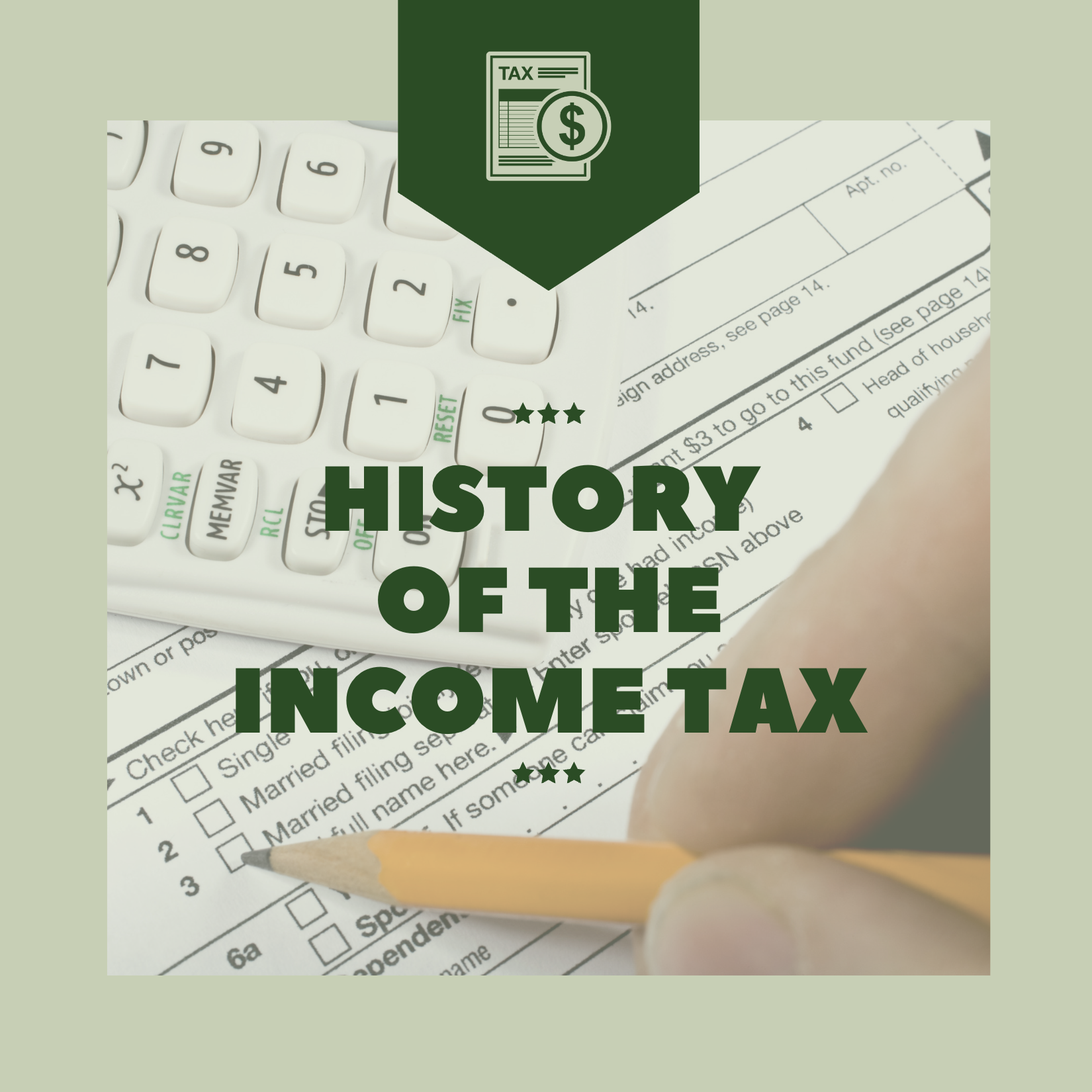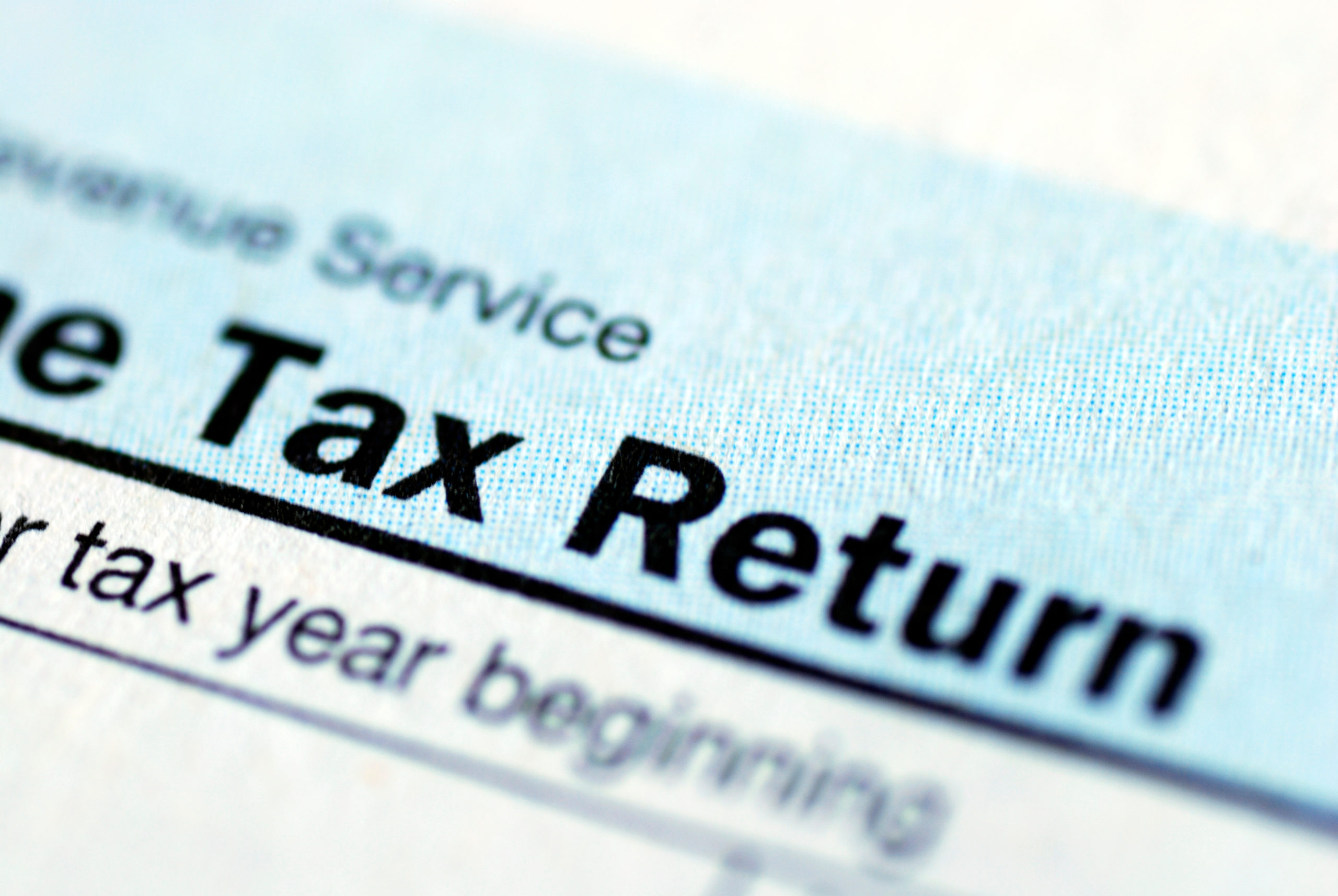
When tax laws change after the tax year ends, tax preparers especially feel the aggravation and frustration of a moving finish line. Before COVID-19, Congress would usually have their updates to the current tax law finalized by December. However, preparing 2020 tax returns has been a nightmare for several reasons. Round 2 COVID Recovery Rebate Credits paid in 2021 are supposed to be accounted for and reported on your 2020 tax return. (My wife and I did not receive ours until March 14, 2021.)
Did you receive unemployment compensation in 2020? If so, you probably realize now that the law changed on March 11, 2021. Up to $10,200 of 2020 unemployment compensation is tax-free. The problem is that many taxpayers and tax preparers have E-Filed millions of tax returns already. Consequently, those people want their money back. For many taxpayers, they are looking at $2,000 to $3,000 in additional tax refunds.
Of course, the IRS (still four to six months behind from the COVID closure last year) saw the potential influx of amended returns and quickly informed the public NOT to file amendments at this time. Don’t worry, the IRS will put their computers to and issue an additional refund. Initially, there was no target date. Now, they expect to remedy this situation in May. So, if your return included unemployment and was E-Filed before March 11, you will have to wait at least two months to get your money back.
It appears that the leaders in Washington do not appreciate an old British Army adage known as the seven P’s (Proper Planning and Preparation Prevents Piss Poor Performance). They don’t realize the government is a huge bureaucracy that is definitely not spry and nimble. Picture an aircraft carrier and a 20-foot speed boat. The speed boat can make a U-turn in about five seconds. For the huge Navy vessel to change directions without tossing all the F-18 Hornets off the deck into the ocean, it would take several minutes.
You may also have heard that the IRS postponed the April 15, 2021, filing deadline to May 17. Many preparers have mixed emotions since they push hard for three months and need some time off shortly after the tax deadline. Now, the scheduled vacations of these spouses, children, parents and other family members are in jeopardy because the geniuses in DC think they are driving a speed boat.
In a previous article, I looked at two very wealthy people, Mitt Romney and Warren Buffet. One is a Republican Senator, the other leans toward the Democrat Party. Mr. Buffet was once the richest man in the world but has been since supplanted many times (but I admire his consistency). Senator Romney released his 2010 1040 during his 2012 presidential election bid. His income that year was $20 million, on which he paid only 15 percent in federal income taxes. According to the 2010 federal tax brackets, Mr. Romney’s 2010 income in excess of $373,650 (more than 98 percent) should have been taxed at 35 percent. Yet, this shows that there are legal loopholes in the tax code since Mitt’s tax bill was only 15 percent.
Mr. Buffet, a well-known investor and billionaire, has stated publicly that his secretary pays more than he does in taxes. I was about to include a link, but now that site lists the following statement: “No, Warren Buffet does not pay less in overall tax payments than his secretary, but he pays a lower tax rate than his secretary.” Assuming his secretary and their spouse both earn between $100,000 and $150,000 for 2021, the 24 percent tax bracket will apply. According to 2021 IRS tax brackets, married couples with income greater than $523,600 will pay 37 percent in taxes on each dollar exceeding that threshold. Yet Mr. Buffet, an established billionaire, pays less than 24 percent in federal taxes. And he boasts about it?
Since Mr. Buffet and Mr. Romney are brilliant men, they would not risk their fortunes and fame on tax evasion. Therefore, they must be doing something to legally avoid taxes. Certainly, there must be cracks in the code, carve outs passed by Congress that only the ultrawealthy utilize. It is likely that they are both generous benefactors to well-connected political power brokers who keep them and their tax experts informed when Congress passes new tax breaks for the super wealthy. I am not accusing either of them. I commend them and their CPAs and tax attorneys exemplifying the power of tax-reduction planning. Similarly, I have spent ten years as a Certified Tax Planner scouring the complex Tax Code along with a network of proactive tax strategists to discover court-tested, Tax Code-compliant strategies that will flabbergast you. Of course, it is sometimes handy to have a net worth of $5 million or more to sit at the table.
Finally, here are my recommendations for future tax laws:
- Finalized prior to January 1.
- Contain less than 50 words per sentence.
- Should not contradict any current tax law.
- Should not redefine any terms already used in the Tax Code.
- Be simple enough to be understood by the average taxpayer. (Perhaps, a team of elementary teachers could make it readable by 5th graders.)
- Include a preamble to summarize the intent succinctly and clearly.
- Be fair, no industry, profession or geographical designation should receive special treatment.
- No tax on phantom income (constructive receipt required).
- Be efficient to implement and collect.
- Above all, tax law should be certain. IRS auditors can’t challenge taxpayers with expensive audits regarding an alternative interpretation.
Aric Schreiner, CPA, PFS, Certified Tax Strategist, helps successful professionals and small business owners strategize to reduce taxes and audit risk.




